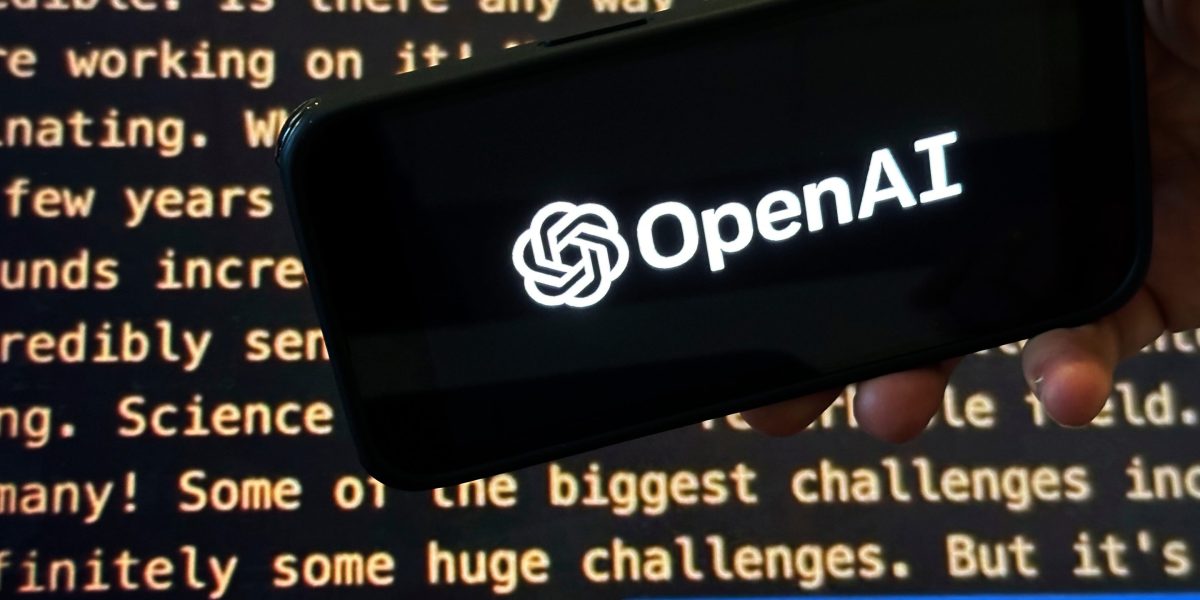
"It could be Queen Elizabeth II rapping or something more ordinary and believable. One popular Sora genre is fake doorbell camera footage capturing something slightly uncanny - say, a boa constrictor on the porch or an alligator approaching an unfazed child - and ends with a mild shock, like a grandma shouting as she beats the animal with a broom."
"writing in a Tuesday letter to the company and CEO Sam Altman that the app's hasty release so that it could launch ahead of competitors shows a "consistent and dangerous pattern of OpenAI rushing to market with a product that is either inherently unsafe or lacking in needed guardrails." Sora 2, the letter says, shows a "reckless disregard" for product safety, as well as people's rights to their own likeness and the stability of democracy."
AI image-generation platform Sora 2 produces short videos that spread across TikTok, Instagram, X and Facebook and often prioritize amusement or shock value. Common formats include fabricated impersonations and staged doorbell-camera footage featuring uncanny or dangerous scenarios. Advocacy groups, academics and experts warn that prompt-driven video creation accelerates the spread of nonconsensual images and realistic deepfakes, risking individuals' likeness rights and social trust. OpenAI imposed some limits on public-figure depictions only after pressure from estates and unions. Public Citizen demanded Sora 2's withdrawal, citing rushed release, inadequate guardrails, and threats to safety and democratic stability.
Read at Fortune
Unable to calculate read time
Collection
[
|
...
]